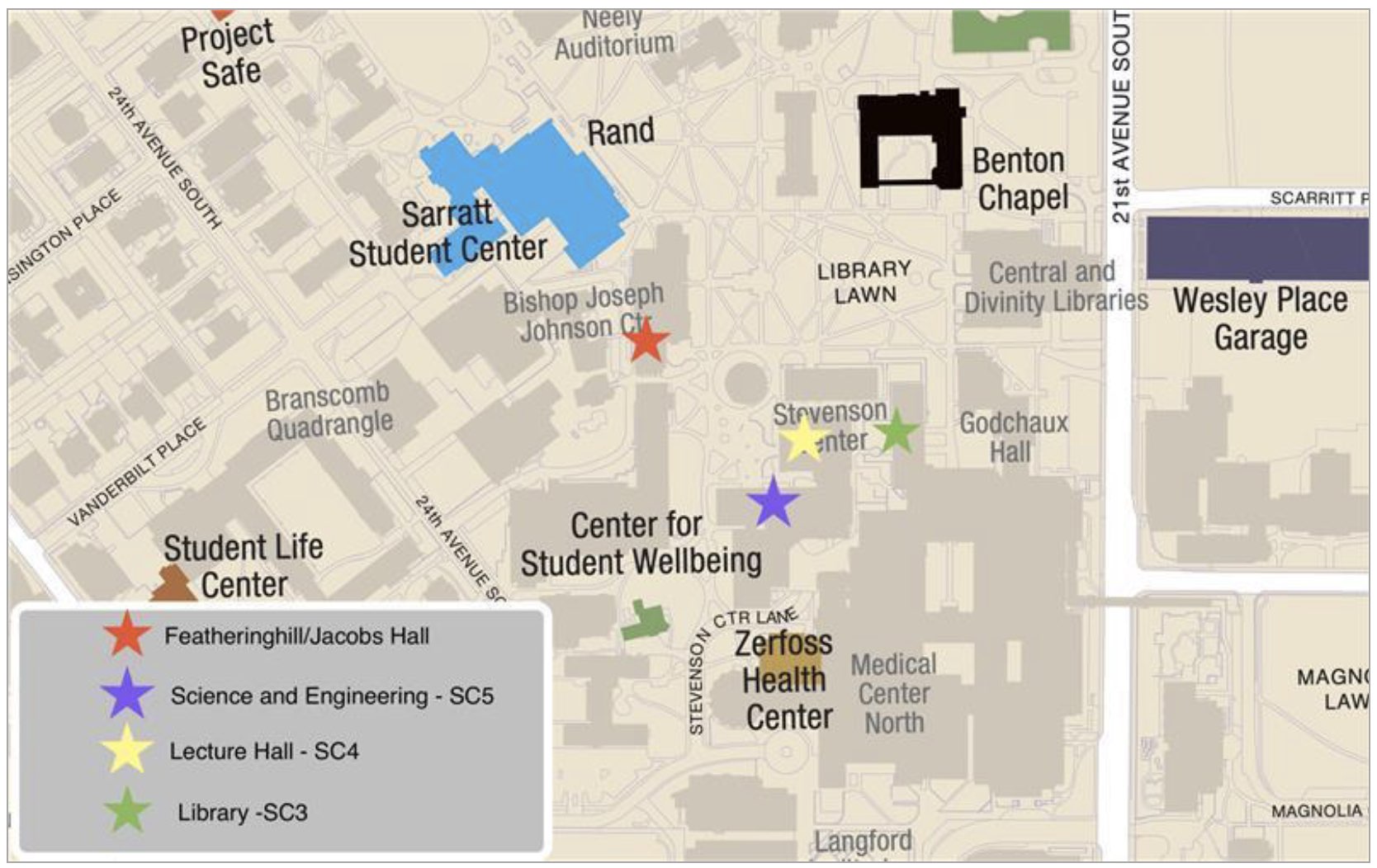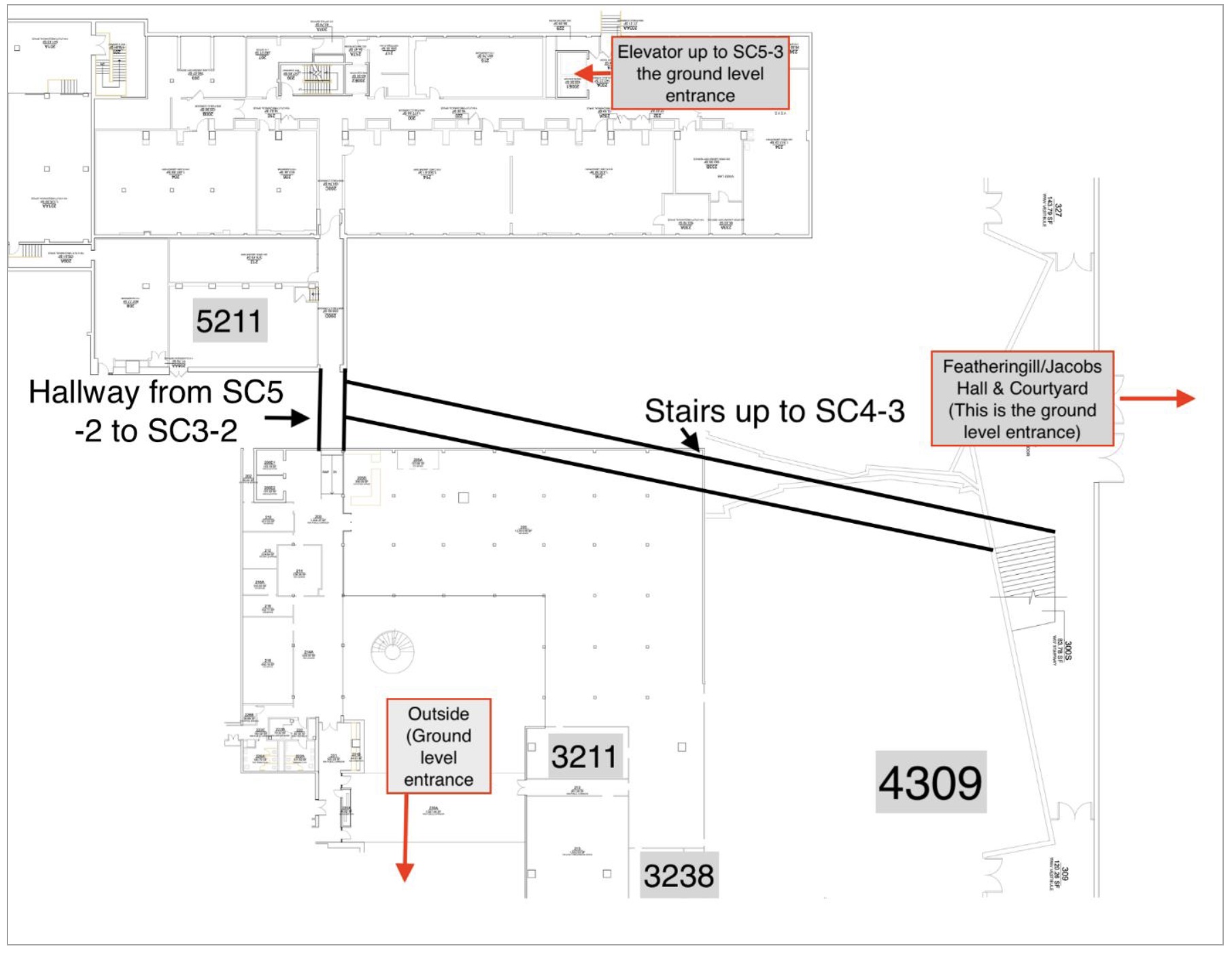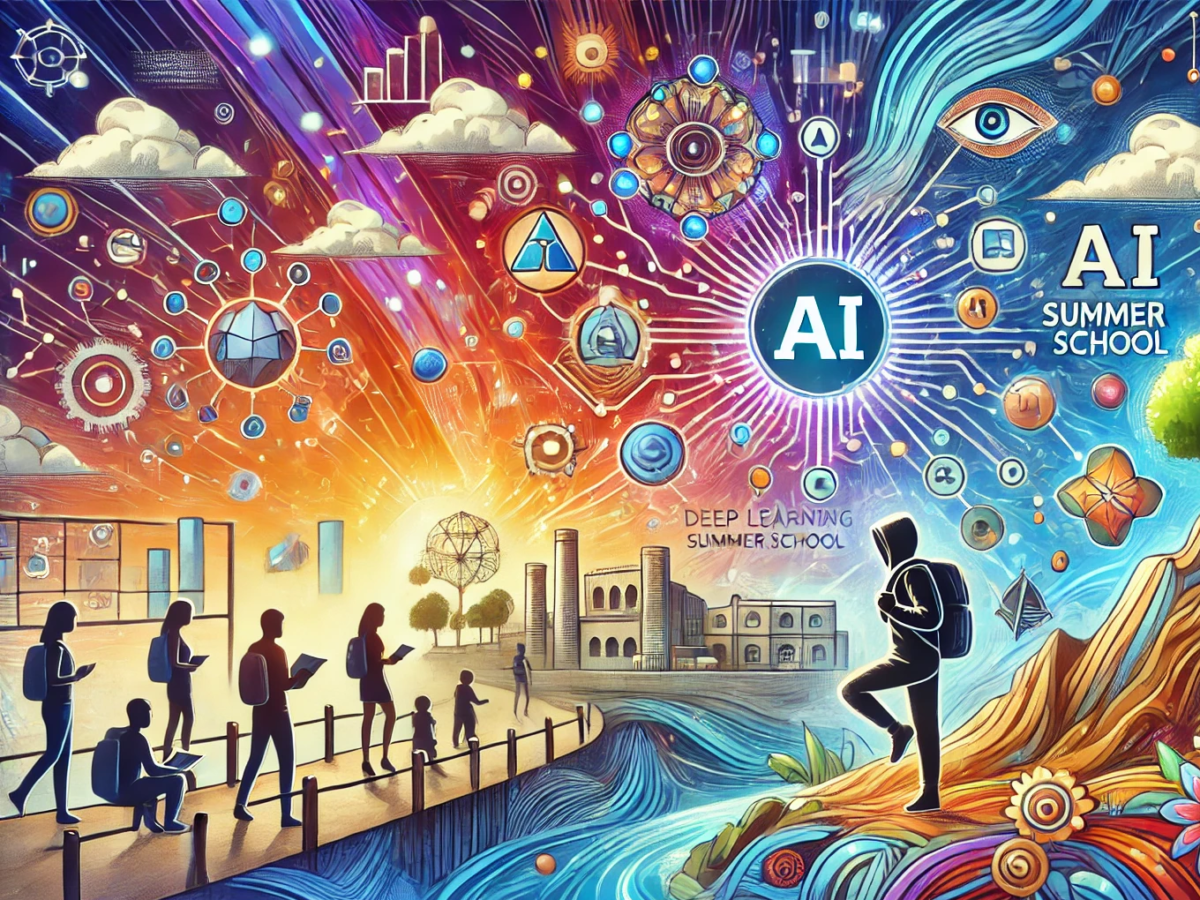Join us for an immersive week-long summer school focused on the cutting-edge advancements and practical applications of deep learning and AI. This program is designed for enthusiasts and professionals with a strong foundation in programming, specifically those familiar with Python and modern development environments. Each day is structured to provide a comprehensive blend of theoretical foundations, practical insights, and hands-on experiences, utilizing Python, PyTorch, and VSCode.
Participants will have the opportunity to learn from leading experts, engage in thought-provoking discussions, and explore the latest trends and challenges in the field. The program kicks off with a “Deep Learning Jump Start,” introducing the basics of neural networks and essential optimization techniques. As the week progresses, participants will delve into practical issues with real-world data, including data augmentation, diagnostics, and troubleshooting. Advanced models like transformers and large language models will be explored in depth, along with a dedicated day to visual AI, covering diffusion models and advanced generative techniques. We conclude with critical aspects of AI ethics, including privacy, fairness, transparency, and model robustness. This summer school promises a rich learning experience, combining theoretical knowledge with practical applications, ensuring participants are well-equipped to tackle contemporary challenges in AI.
What: AI Summer School / 2024
Where: Stevenson Hall on Vanderbilt’s Campus.
When: August 12-15, 2024 / 10 – 4 pm
Coffee & Food: Of course!
Cost: Free
On Site Logistics
For a full campus map, please see: https://www.vanderbilt.edu/map/
Campus Locations

Detailed View of Room Locations

Meet the Speakers

ACCRE Sponsors GPU Access

Program at a Glance
| August
Day Deep | August
Day Practical | August
Day Integrating | August
Day Visual | |||
9:00 | Coffee | Coffee Stevenson
| Coffee
| Coffee
| |||
10:00 |
| Augmentation, Tricks | Transformer | Co-Design
| |||
10:30 | Deep | Augmentation, Tricks,
| Transformer
| Co-Design:
| |||
11:00 | Deep
| Augmentation, Tricks,
| Transformer
| Break | |||
11:30 | Deep
| Augmentation, Tricks,
| Transformer
| Privacy
| |||
12:00 | Lunch Stevenson 3211 & 3238 | Lunch Stevenson 3211 & 3238 | Lunch |
Lunch Stevenson 3211 & 3238
| |||
1:00 | Publishing in Deep - | Making - Stevenson 4309 | Amplify, - Stevenson 4309 | Domain | |||
1:30 |
|
|
| Privacy
| |||
2:00 | Coffee Stevenson
| Coffee Stevenson
| Coffee
| Coffee Stevenson 3211 & 3238
| |||
2:30 | Optimizers/Theory | Diagnostics | GPTs | Decoding - Stevenson 4309 | |||
3:00 |
| Introduction to ACCRE for Research Stevenson 4309 | Using ACCRE for AI/ML Work Stevenson 4309
|
| |||
3:30 |
| (working groups) | (working groups) | An
| |||
4:00 | Pull-In | Pull-In | Pull-In | Pull-In |

